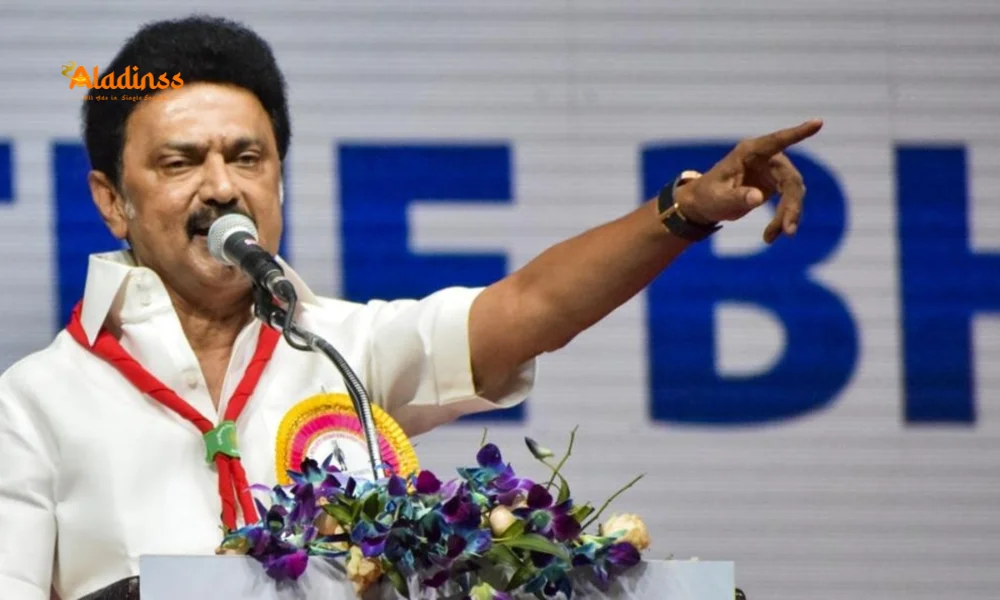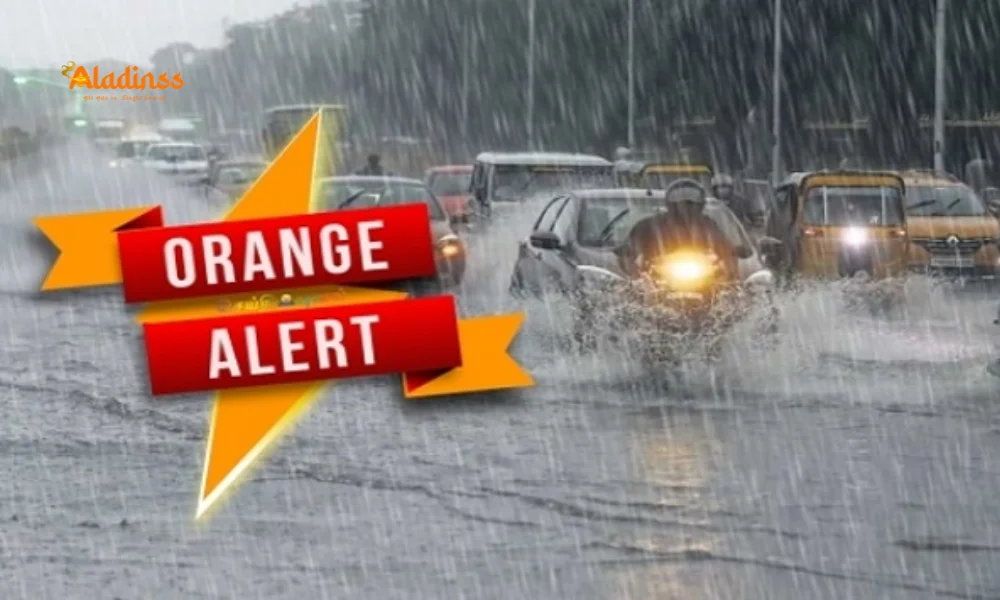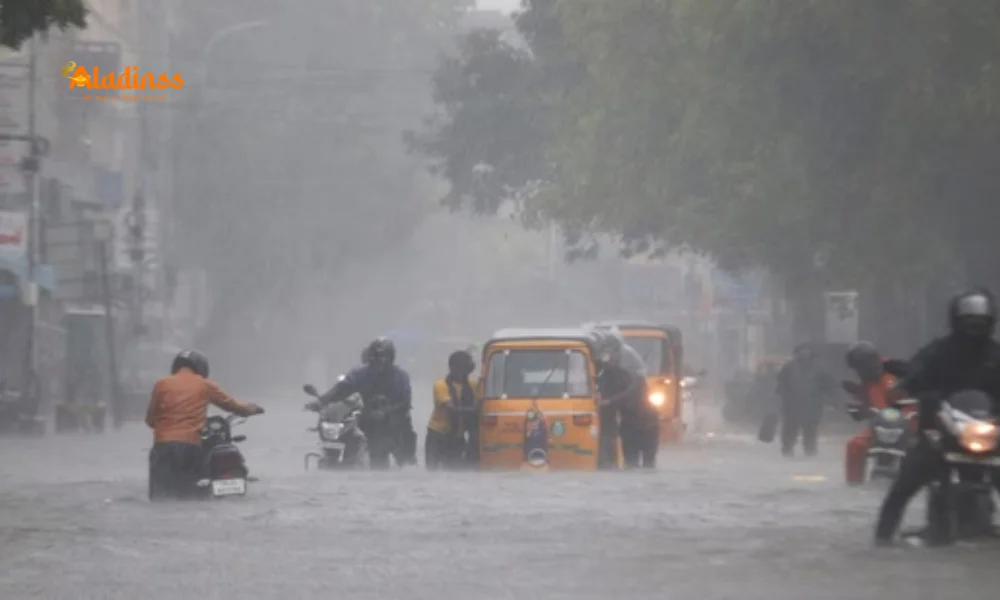UK Sanctions Nayara Energy Over Russia Oil
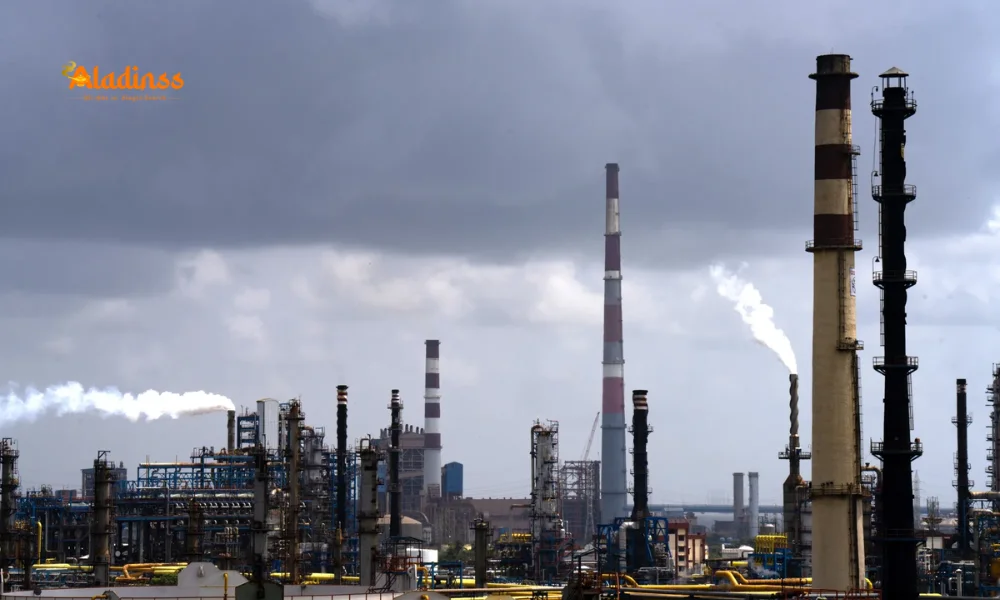
UK Imposes Sanctions on India's Nayara Energy Over Russian Oil Imports
In a bold escalation against Russia's energy exports, the United Kingdom has targeted India's Nayara Energy Limited with fresh sanctions on October 15, 2025, accusing the refiner of facilitating over USD 5 billion in crude oil flows from Moscow last year. This move, part of a broader crackdown hitting nearly 90 entities including Rosneft and Lukoil, aims to starve Vladimir Putin's war chest amid the Ukraine conflict. Nayara, with significant Rosneft ownership, allegedly processed 100 million barrels of Russian crude in 2024, underscoring the challenges in enforcing global price caps on sanctioned oil.
The UK Treasury and Foreign, Commonwealth and Development Office (FCDO) described the package as London's most aggressive yet, extending to four Chinese terminals, 44 shadow fleet tankers, and LNG infrastructure like the Beihai facility tied to Russia's Arctic LNG2. As Western allies tighten the noose, this UK sanctions Nayara Energy action highlights the ripple effects on non-Western buyers, potentially straining India-UK trade ties valued at GBP 40 billion annually.
Foreign Secretary Yvette Cooper, addressing Parliament, framed the penalties as a unified European push for Ukraine's stability, vowing unrelenting pressure until Russia's aggression ceases. Chancellor Rachel Reeves, from Washington, echoed that Russian hydrocarbons are now "off the market," signaling intensified financial isolation for Putin's regime.
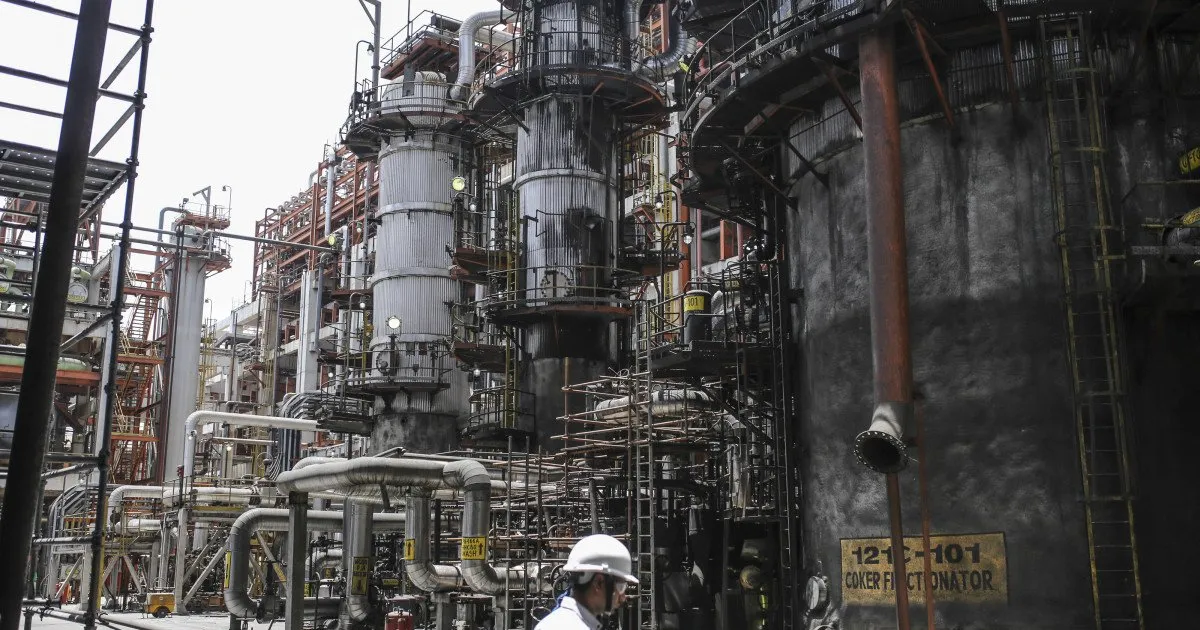
Details of the Sanctions: Targeting Russia's Oil Empire and Enablers
The sweeping UK sanctions Nayara Energy measures zero in on Russia's oil behemoths Rosneft and Lukoil, which control over 40% of Moscow's crude output. Rosneft, holding a 49.13% stake in Nayara, faces asset freezes and transaction bans, severing its indirect access to Indian refining capacity. Lukoil, similarly hit, sees its global sales curtailed, with the duo's combined 2024 revenues exceeding USD 200 billion now under siege.
Nayara's inclusion stems from its Vadinar refinery in Gujarat, India's second-largest, which processed Russian Urals crude at discounted rates post-2022 Ukraine invasion. UK officials cite shipping data showing Nayara's imports bypassing G7 price caps via shadow fleets-aging tankers evading insurance and tracking. The 44 sanctioned vessels, flagged in Panama and Liberia, form a clandestine armada rerouting oil to Asia, evading USD 60 per barrel limits.
LNG extensions target seven specialized carriers and China's Beihai terminal, linked to Arctic LNG2-a USD 27 billion project sanctioned earlier. This disrupts Russia's pivot to gas, where LNG exports hit 30 million tons in 2024, funding 10% of its military budget. The UK's actions align with EU and US efforts, potentially slashing Russia's oil income by 20% if compliance holds.
Geopolitical Ramifications: Straining India-UK Ties and Global Energy Flows
For India, the UK sanctions Nayara Energy strike at a vital energy lifeline, as Russian crude comprised 35% of its 2024 imports, saving USD 10 billion via discounts. Nayara, employing 1,500 and supplying 20% of India's diesel, faces operational halts, potentially hiking fuel prices by 5-7% domestically. New Delhi, balancing non-alignment with Western partnerships, may retaliate via FTA talks stalled since 2022, where UK seeks GBP 28 billion in bilateral trade growth.
Globally, the crackdown exposes sanction evasion networks: Chinese terminals like Beihai, processing 5 million tons of Russian LNG yearly, now risk secondary penalties, pressuring Beijing's USD 100 billion annual Russia trade. Shadow fleets, valued at USD 10 billion, could fragment further, driving up shipping costs by 15% and benefiting alternatives like Saudi Aramco.
Ukraine hails the moves as a "game-changer," with Kyiv estimating a 10% revenue dip for Moscow, equating to USD 20 billion lost annually. Yet, experts caution circumvention via rupees or third parties, as seen in India's 2024 USD 50 billion Russia energy bill.
- Rosneft and Lukoil: Direct asset freezes, halting Western dealings.
- Chinese Terminals: Beihai among four, curbing LNG imports.
- Shadow Fleet: 44 tankers blacklisted, disrupting covert shipments.
- LNG Carriers: Seven vessels targeted, impacting Arctic exports.
UK Leadership's Rationale: Bolstering Ukraine and European Security
Foreign Secretary Yvette Cooper's parliamentary address framed the UK sanctions Nayara Energy as a "critical moment" for Europe, linking Ukraine's fate to continental stability. "Piling pressure on Putin's oil and shadow fleet until he abandons conquest," she declared, tying the action to a GBP 3 billion UK aid package for Kyiv in 2025. Cooper's Labour government, post-July election, positions this as ethical foreign policy, contrasting Brexit isolationism.
Chancellor Rachel Reeves, amid IMF talks, stressed stripping war funding, with sanctions projected to cost Russia USD 15 billion yearly. Her Washington remarks align with G7 commitments, where UK leads on shadow fleet pursuits via maritime patrols. Domestically, the measures shield UK consumers from volatility, as Brent crude hovers at USD 75 per barrel.
Critics, including energy analysts, warn of blowback: Higher global prices could add GBP 100 to UK household bills, while India's diversification to US and Middle East crudes stabilizes supplies.
India's Response and Broader Implications for Energy Diplomacy
India's Petroleum Ministry, silent initially, may invoke WTO rules, arguing sanctions infringe free trade. Nayara's compliance with India's rupee mechanism-settling 2024 deals sans dollars-defends its neutrality, but UK reprisals could freeze GBP 500 million in assets. Prime Minister Narendra Modi's team, eyeing COP30 climate goals, balances sanctions with energy security for 1.4 billion consumers.
The UK sanctions Nayara Energy ripple to BRICS dynamics, where Russia-India trade hit USD 65 billion in 2024, up 50%. China, facing terminal hits, may accelerate domestic refining, while Europe accelerates renewables to cut Russian dependency from 40% to 10% by 2030. For Ukraine, every sanctioned barrel edges peace closer, per Zelenskyy's October 16 tweet thanking allies.
Long-term, this pressures G20 consensus on energy transitions, with India advocating "differentiated responsibilities" at upcoming summits. As shadow fleets evolve-using AIS spoofing-enforcement demands tech like satellite tracking, costing USD 1 billion annually.
Economic Fallout: From Refinery Halts to Global Price Swings
Nayara's 400,000 bpd capacity, now sanctioned, could idle, spiking India's diesel imports by 15% and adding INR 20,000 crore to bills. Rosneft's stake, valued at USD 2 billion, faces dilution, prompting Essar Group's buyout bids. Globally, Brent may firm to USD 80, benefiting OPEC but straining EU importers.
Russia's pivot to Asia-80% of 2025 exports-buffers losses, but shadow fleet premiums (USD 10/barrel) erode discounts. UK's GDP impact: Minimal at 0.1%, offset by North Sea focus. For Nayara, diversification to Iraqi or US crudes looms, echoing Reliance's 2024 shift.
In summary, the UK sanctions Nayara Energy exemplify sanction warfare's complexities, where economic weapons test alliances, reshaping energy geopolitics in 2025 and beyond.
Comment / Reply From
No comments yet. Be the first to comment!
